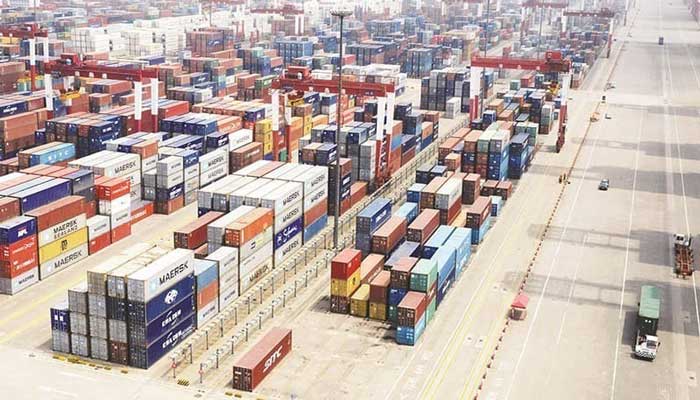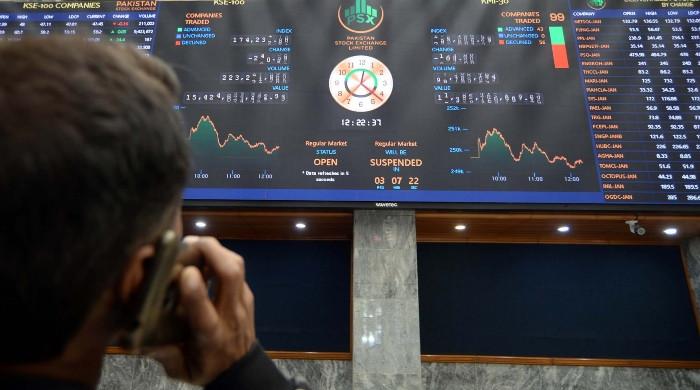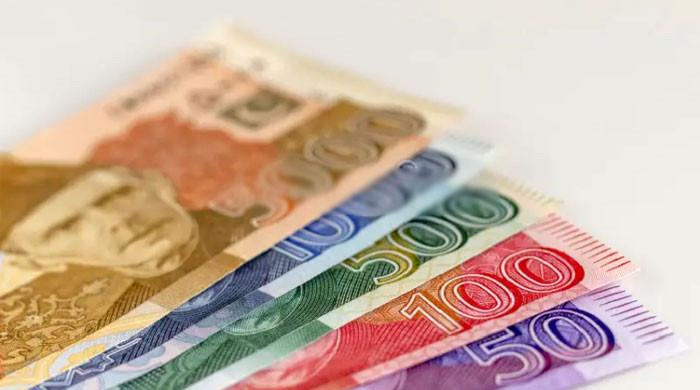Coronavirus: Large-scale manufacturing contracts, downward trend to continue
Large scale manufacturing to continue to register negative growth as the coronavirus outbreak triggers lockdowns
March 19, 2020

ISLAMABAD: The large scale manufacturing (LSM) sector in Pakistan posted negative growth of 3.37% in the first seven months of the current fiscal year, with the downward trend expected to continue due to a partial lockdown in the country’s industrial hub due to coronavirus-related fears, The News reported on Thursday.
Data released by the Pakistan Bureau of Statistics (PBS) on Wednesday showed that LSM output fell 5.96% year-on-year in January after posting a positive growth of 9.7% year-on-year in December for the first time in the last six months.
On a month-on-month basis, LSM rebounded 7.09% in January, the PBS said.
All three data collection authorities registered a decrease in production in the first seven months of the current fiscal year. The ministry of industries, measuring the output trends of 36 items, recorded a 2.06% decline in production.
Oil Companies Advisory Council, logging outputs of 11 oil and petroleum products, measured a decline of 0.65%. The provincial bureau of statistics, counting production of 65 products, logged 0.65% negative growth.
The main industries that witnessed increase in output, during the July-January period, included textile (0.08pc), food, beverages and tobacco (0.35pc), non-metallic mineral products (0.20pc), fertilisers (0.26pc), leather products (0.15pc), paper and board (0.25pc), and rubber products (0.01pc).
The rapid spread of the coronavirus is forcing social distancing in the country, with the Sindh government directing a shutdown of shopping malls and other public gathering places in Karachi.
While the diversion of export orders from other countries inundated local industries with new opportunities, shipments are now stuck or being cleared much more slowly at western ports.
Also read: Favipiravir effective in making coronavirus patients recover, says China
The central bank had termed the rebound in the LSM sector in December a consequence of strengthening industries, especially export-oriented ones.
Textile exports had risen 5.3% to $9.3 billion in the July-February period of the current fiscal year, with the value-added sector showing a recovery.
Performance of LSM, which accounts for 80% of all industrial output, would mirror economic growth, which is now likely to remain less than 3% in the current fiscal year.
LSM has moved in a reverse direction since the last fiscal year when it dipped 3.64% as opposed to an annual growth target of 8.1%. The decline was the first contraction in a decade.
Also read: Computer scientist urges use of cutting edge practices to battle coronavirus pandemic
Originally published in The News











